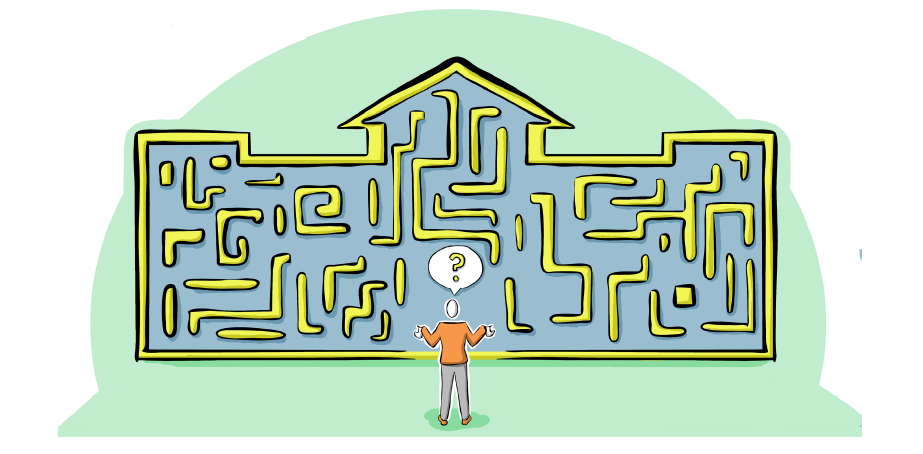
Thinking about the University as a complex system of interconnected and interdependent components, like a tall tower of Jenga, helps us appreciate our own place and impact on the systems connections. The first stage helped us practice evidence collection locally within our immediate programme context. Now we move on to understanding of wider influences that impact on our students and staff and determine what we are able to influence on our own degree programme.
This is an important stage that will provide us with further insights and will help us move closer to identifying the right problem. Students on or our programme are not just students on our contextprogramme…They are human beings enjoying sports, student societies, trips to town. They are also human beings who may be dealing with visa issues, student loans or well-being challenges. They are an integral part of this much larger system than “just” the degree programme.
And so are we, as staff of the University we belong to a system of wider teaching and learning strategies, quality assurance regulations, University rankings and central policies that will definitely impact on our localised programme operations and overall student and staff experience. So let’s do a bit more fact finding to ensure we know our place in the system.
Here are a few questions to get you started with. Feel free to complement these with questions more relevant to your context.
What are the resources available – the ecosystem actors’ skills and roles and the finances impacting the design?
What is the expected process of programme design and what timescales for changes are in place?
How is the University governance impacting on the programme design process?
Who should be involved in the design process at the University level?
What are the resources available – the ecosystem actors’ skills and roles and the finances impacting the design?
What is the expected process of programme design and what timescales for changes are in place?
How is the University governance impacting on the programme design process?
Who should be involved in the design process at the University level?
How might the changes in the programme design impact other academic programmes?
What are the regulations and legal obligations that you need to incorporate into the design?
What are the key University systems and actors that your students interact with during the programme?
Who makes the final decisions about the programme design?
Did you notice we now talk about programme design and not just programme improvements? You are on a journey to become a true designer, consciously transforming the systems. So let’s continue. You may have noticed that we include questions about your location and you may not consider these important. Sometimes these seemingly unrelated aspects of the system make a big impact on our decisions. Crowded and unreliable public transport may impact student attendance, or the makeup of your regional economy may influence students employability success. Everything is related.
Let’s use the ecosystem map once more to zoom out and this time map out a University ecosystem to identify connections and key insights.

Service design approach guides us to see connections in a wider system. It moves us outside our silo and helps us explore the ripple effect of our actions. Silos prevent innovation and undermine improvements and positive transformations. Silos are also a phenomenon prevalent in large organisations like Universities. Considering the wider University system will help you appreciate your programme’s place and contribution to the wider University strategy and I would be surprised if it hasn’t already helped you meet new colleagues and coffee break pals.
Let’s continue with the power of 3 for now. Before we move on to the next section, let’s reflect and note down:
And finally, celebrate a small victory! You have earnt three very important badges in this section.
